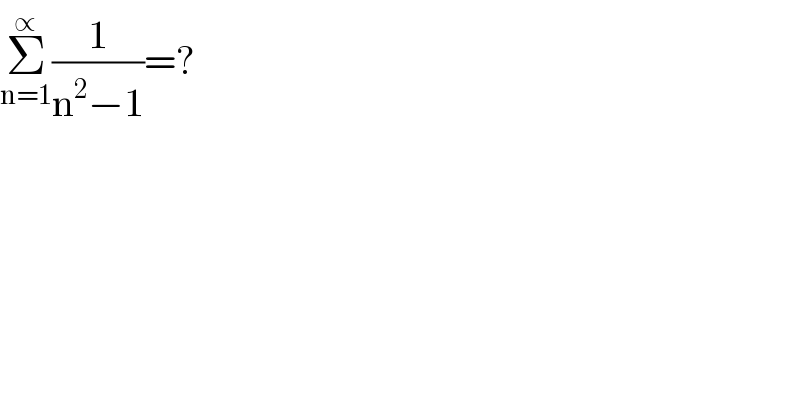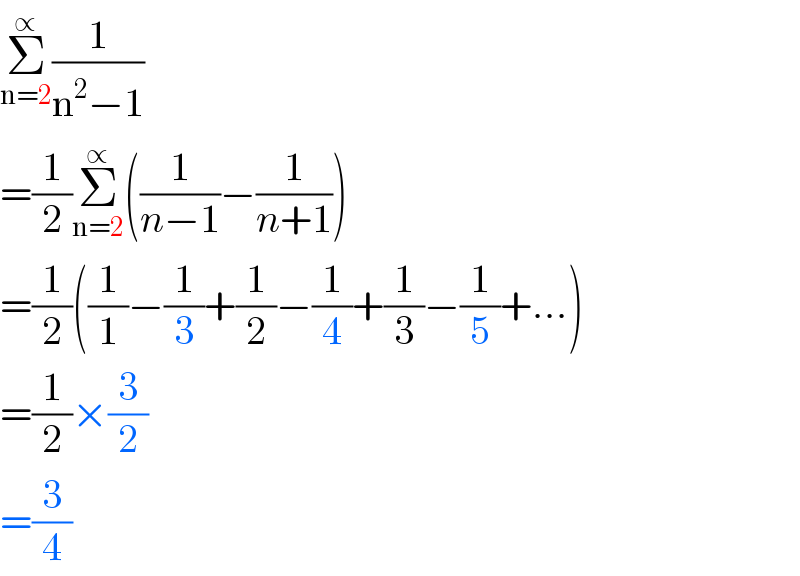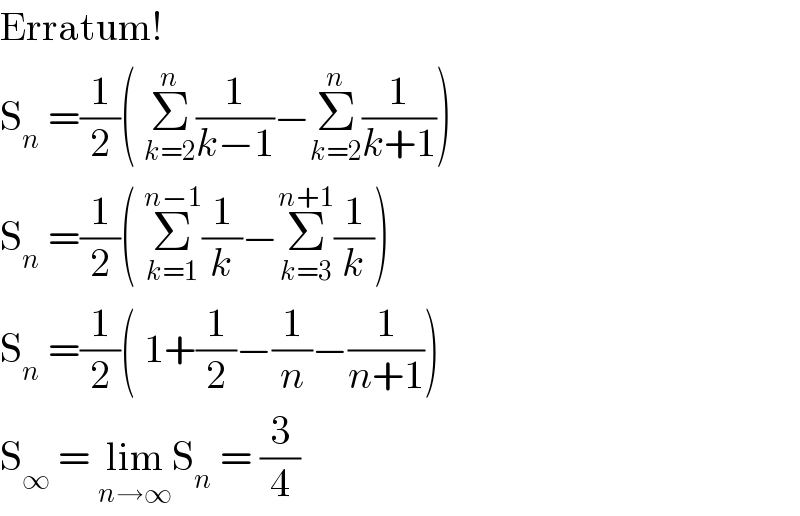
Question and Answers Forum
Question Number 114023 by Khalmohmmad last updated on 16/Sep/20

Commented by Dwaipayan Shikari last updated on 16/Sep/20

Answered by mr W last updated on 16/Sep/20

Commented by Olaf last updated on 16/Sep/20

Commented by mr W last updated on 16/Sep/20

Answered by Olaf last updated on 16/Sep/20

